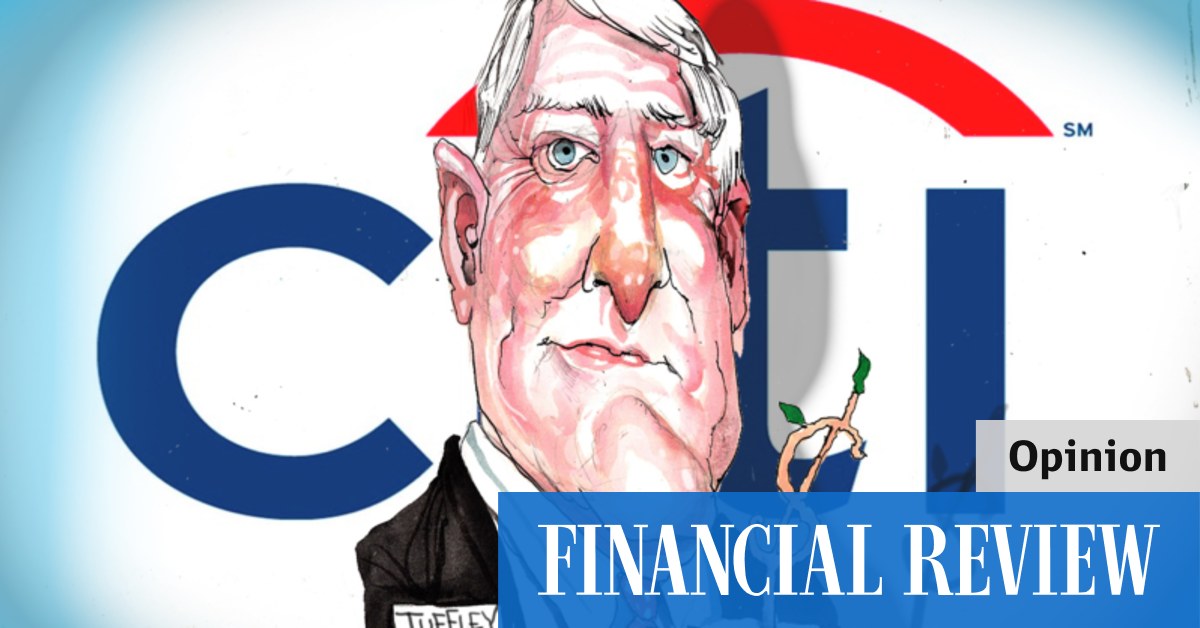“VW wants the capital to electrify their business and Porsche is on an electrification journey,” he says.
“We didn’t need to convince VW and Porsche to do the deal. They decided to do it.
“Then we pitched for it. They had a beauty parade and a big component of the equity story is going to be about electrification and the leadership that Porsche is showing to demonstrate that they will win the race to electrification.
‘You win… because you’ve been consulting’
“This is one example of the sort of transactions that my team and I will be actively involved in. Most of the IPOs we’re now doing these days, there’s a big energy or ESG component.”
Tuffley cringes when asked if investment bankers working in sustainability have to become more like consultants than bankers, given some companies need to be convinced of the merits of decarbonisation.
“You won’t find any bankers saying, ‘Oh, we’re consultants,’” he says. “They’ll say, ‘We’re dealing doers, we are bankers – consulting is for those other guys.
“But the reality is any good M&A banker has got to be taking ideas from clients constantly to win the deal. You can’t wait for the phone to ring.
“You’ve got to be out there, speaking to CEOs. You take them ideas, and give them advice on what they should be doing.
“You take them ideas on an acquisition or demerger or whatever it is. You win the transaction because you’ve been consulting.”
When Tuffley spoke to Chanticleer in April 2019 he had just been hired by Citi to provide advice to CEOs, chief financial officers and boards on transitioning their businesses towards net zero emissions.
At that time, he was adamant one of the growth areas for banking advice and transactions would be agriculture and food.
However, the majority of companies in these two sectors of the global economy have not been part of the wave of corporate commitments to net zero carbon emissions by 2050.
The agriculture challenge
Tuffley shares some compelling statistics that highlight the challenge facing the agriculture and food sector.
He says research by Citi analysts shows that food production accounts for a third of global greenhouse gas (GHG) emissions and yet about a third of food produced for human consumption is either lost or wasted – an annual loss of $US1 trillion.
He says eating habits will have to change given that every gram of protein from beef requires 20 times more land and emits 20 times more GHG emissions than do beans.
Demand for animal-based food is expected to rise by 80 per cent between 2006 and 2050, with beef consumption increasing by 95 per cent.
Citi calculated that agriculture and food production use 70 per cent of global freshwater and are responsible for 80 per cent of deforestation. Also, the pace of degradation of land has accelerated, reaching 30 to 35 times the historical rate.
Tuffley says the agriculture and food sectors have been “laggards” when it comes to carbon reduction, but he does not blame the sectors’ leaders.
“I think it’s all of us who haven’t really listened to the science and elevated it to the same level that we’ve been so focused on in energy,” he says.
“Food and agriculture is even more complex than energy because we’re emotionally tied to food.
“Changing human behavior is hard. And, you actually don’t know what damage is being done in the preparation of food because it’s very hard to measure the greenhouse gas emissions.”
Tuffley says the growth of his division is a tribute to his boss Manolo Falco, who is Citi’s global co-head for banking, capital markets and advisory, and the fact that most global corporations are progressive about carbon reduction.
“For example, Total in France are very progressive – we don’t have to convince them about energy transition, they’re already doing it. What we have to do is help them to execute it,” he says.
Unique claim to fame
“In other parts of the world, we have to convince the companies – and I won’t name them – that this is actually important because their business model won’t exist in 30 years’ time.”
Tuffley, who oversaw the merger of the Australian operations of Goldman Sachs and JBWere in 2003, has a unique claim to fame in investment banking circles.
After the merger with JBWere, he was given the license by Goldman Sachs CEO Hank Paulson in New York to go on a hiring spree for up-and-coming bankers.
This was the catalyst for the hiring of six bankers who went on to be heads of investment banking.
I have hired Tony Osmond, who later became head of corporate and investment banking at Citi; Christian Johnston, who went on to head investment banking at Goldman Sachs; Paul Uren, who is now JPMorgan’s co-head of global investment banking in the Asia-Pacific; Nick Sims, who is co-head of investment banking at Goldman Sachs for Australia and New Zealand; Joe Fayyad, who is CEO and Australia country executive for Bank of America; and James McMurdo, the former head of Deutsche Bank’s corporate and investment Bank for Asia-Pacific.
Other deals the Citi team have worked on or are working on include the Daimler Mercedes Truck demerger; the IPO of Dubai Electricity & Water Utility; the Harley-Davidson/Livewire de-SPAC; to Rhino $150 million Conservation Bond; the $US80 billion Nubank IPO, the Hyzon de-SPAC (an electric/hydrogen trucks business); and the Li-Cycle Holdings de-SPAC (a battery technologies company).
